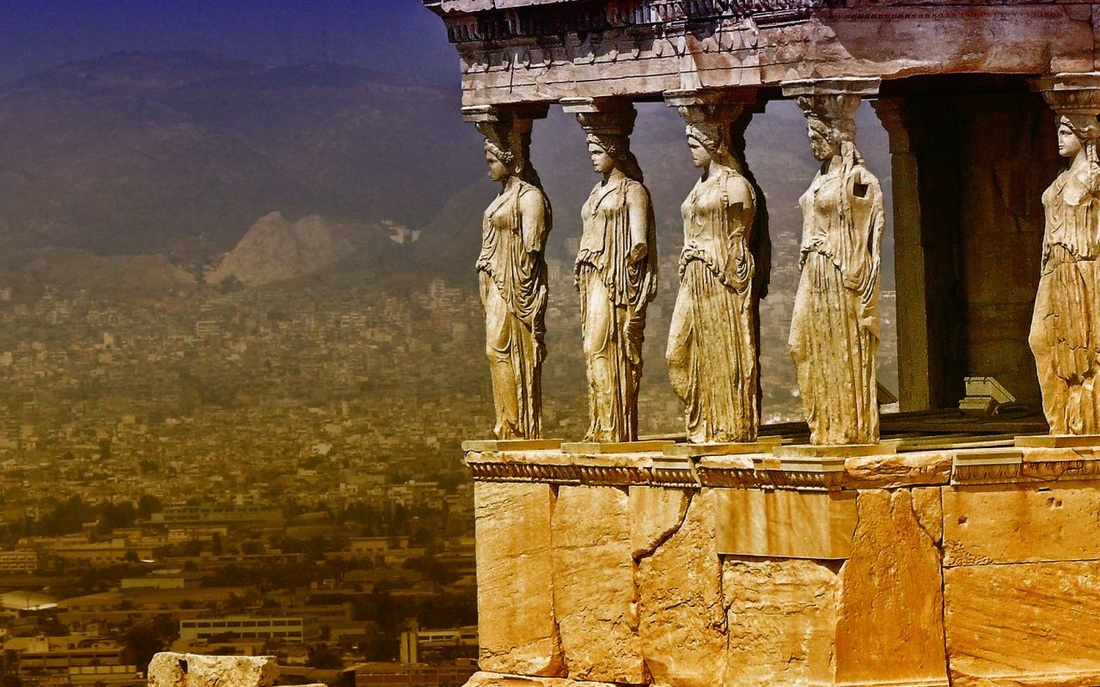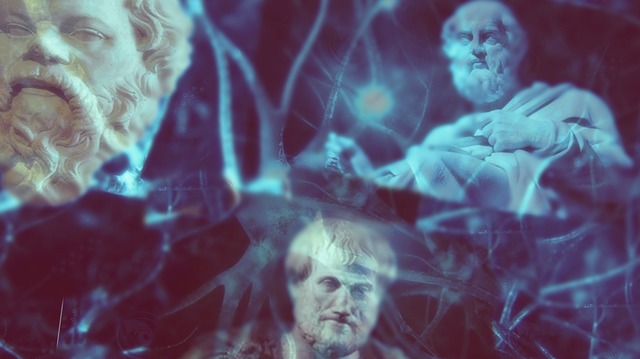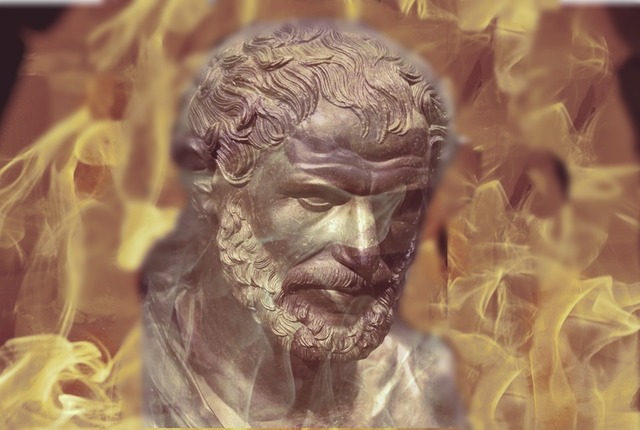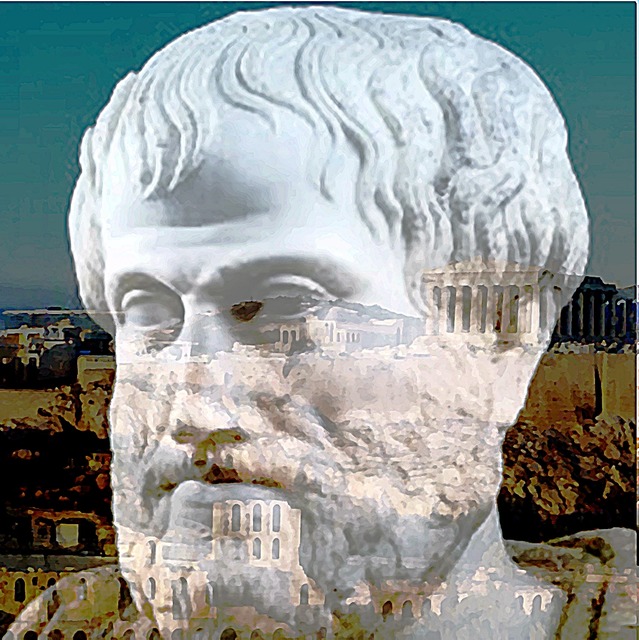A Brief Review of the History of Ancient Greek Philosophy

Intellectuals were questioning the world around them as early as 6th century BCE and the Ancient Greek philosophy can trace its roots to this time. Ancient Greek Philosophy was not interrupted throughout the Hellenistic period and well into the Roman period. The Ancient Greek philosophers studied a variety of subjects and not limited only to the philosophy of law and politics, ethics and aesthetics, metaphysics, ontology, logic, biology, rhetoric, etc. Proven Philosophers acknowledge today that Greek Philosophy highly influenced Western Civilization and Culture.
Socrates left his print on Ancient Greek Philosophy and is considered to have been the principle force for Ancient Greek Philosophy. Modern scholars have divided Ancient Greek Philosophy into three traditions:
- prior to Socrates or pre-Socratic Philosophy
- Classical Greek philosophy or the period during the empire of Alexander the Great
- and Hellenistic philosophy.
Pre-Socratic philosophy or the Athenian school was represented by Socrates, Plato and Aristotle. The Philosophers from this period concerned themselves with matters of cosmology, ontology and mathematics.
Milesian School was named after Thales of Miletus who, according to Aristotle, was the first philosopher. The Milesian School of Philosophy was later frequented by other well-known and famous scholars such as Anaximander and Anaximenes.

Xenophanes, a native to the region where the Milesian School was founded, may have been exposed to some of the Milesians’ cosmological theories and argued along the Milesian School’s principles. However, he differed profoundly from the Milesian School in that he was not a scientific man.
Pythagoreanism is a school of thought based on its founding member, Pythagoras. Pythagorean Philosophers confronted studied mathematics and the cosmos with the objective that they be in a musical harmony, while threading notions of ascetic ideals, purgation, metempsychosis, animal life into their work.
Heraclitus appears post Xenophanes and Pythagoras. His philosophy is based on the learnings that the entire cosmos is an ever-living fire (B30, The Fragments). According to Heraclitus, fire is a beginning principle of everything which changes into various other elements in the cosmic cycle. In other words, fire is λόγος and Zeus is like the thunderbolt that stirs all things. (B64, The Fragments).

Eleatic philosophy is named after Parmenides of Elea. Elea (Velia) was an ancient Greek city in southern Italy. He first argued that the first principle of being was One, indivisible, and unchanging. Another well known Philosopher from this period and School was Zeno of Elea who is known for his arguments, Zeno’s Paradoxes.
Pluralism and atomism were schools of thought marking Greek philosophy. Monism is based on the learning that one thing is the arche (ἀρχή). Such was the monism of the Milesians, Xenophanes, Heraclitus and Parmenides. Empedocles and Anaxagoras came to challenge this becoming known as the Pluralist Philosophers. They claimed that there were multiple elements. The Philosophy of Empedocles introduced love or strife and the Philosophy of Anaxagoras introduced the Mind. Ontological pluralism was introduced by Leucippus with respect to the cosmogony. He proposed two main elements, the atoms and the vacuum. Leucippus argued that the atoms having an inherent motion cross the void, thus, creating the real material bodies.
Sophistry is based on the juxtaposition of (φύσις-physis) nature or and law (νόμος-nomos). He proposed that nature was constant, while law and all things related to law could be changed. Protagoras is known to be the first among sophists, who claimed that “man is the measure of all things, of the things that are, they are, and of the things that are not, that they are not” (DK80b1). Plato reacted to this formulation by calling it "radical perspectivism." Other important sophists were Prodicus, Gorgias, Hippias and Thrasymachus.
Classical Greek philosophy is the golden era of Greek philosophy, because it marks a symbol for the life work of the greatest philosophers ever: Socrates, Plato and Aristotle.

Hellenistic philosophy represents a period of many different peoples co-existing. The philosophy of these peoples was shared during this societal change. Greeks, Romans, Egyptians, Syrians and Arabs became exposed to each other’s work, with strong Persian and Indian influences. There were 7 main schools during this period:
- Neoplatonism: Plotinus (Egyptian), Ammonius Saccas, Porphyry (Syrian), Zethos (Arab), Iamblichus (Syrian), Proclus;
- Academic Skepticism: Arcesilaus, Carneades, Cicero (Roman);
- Pyrrhonian Skepticism: Pyrrho, Sextus Empiricus;
- Cynicism: Antisthenes, Diogenes of Sinope, Crates of Thebes (taught Zeno of Citium, founder of Stoicism);
- Stoicism: Zeno of Citium, Cleanthes, Chrysippus, Crates of Mallus (brought Stoicism to Rome c. 170 BCE), Panaetius, Posidonius, Seneca (Roman), Epictetus (Greek/Roman), Marcus Aurelius (Roman);
- Epicureanism: Epicurus (Greek) and Lucretius (Roman);
- Eclecticism: Cicero (Roman).

The Hellenistic period is marked with the Roman Empire, which facilitated the spread of Christianity. Not only was Christian philosophy influenced by Ancient Greek Philosophy, but so was Jewish Philosophy and early Islamic Philosophy.
Middle Ages is a period of darkness for Western Europe. Losing contact with the Mediterranean world and the Middle East, ideas of Greek philosophy were forgotten by Western Europe, only to be re-introduced to them later through translation. Islamic philosophers translated Ancient Greek Philosophical works from Arabic into Latin. Alkindus, Alpharabius, Avicenna and Averroes re-interpreted many Ancient Greek philosophical works. The Philosophy of Thomas Aquinas is a product of their re-interpretations.
Music: Vangelis, "One morning at Pella" (Alexander The Great)
Artworks: Olivera Z. Mijuskovic, "The Ingenious Neuronal Pathways - Socrat, Plato, Aristotle" (The Guardian, London), "Fire of Heraclitus" (The Guardian, London), "Aristotle - eternal Mind" (The Guardian, London & the Holburne Museum, Bath, Somerset), "Arete of Cyrene - the beauty of Helens”, (The Guardian (London) the Holburne Museum, Bath, Somerset)